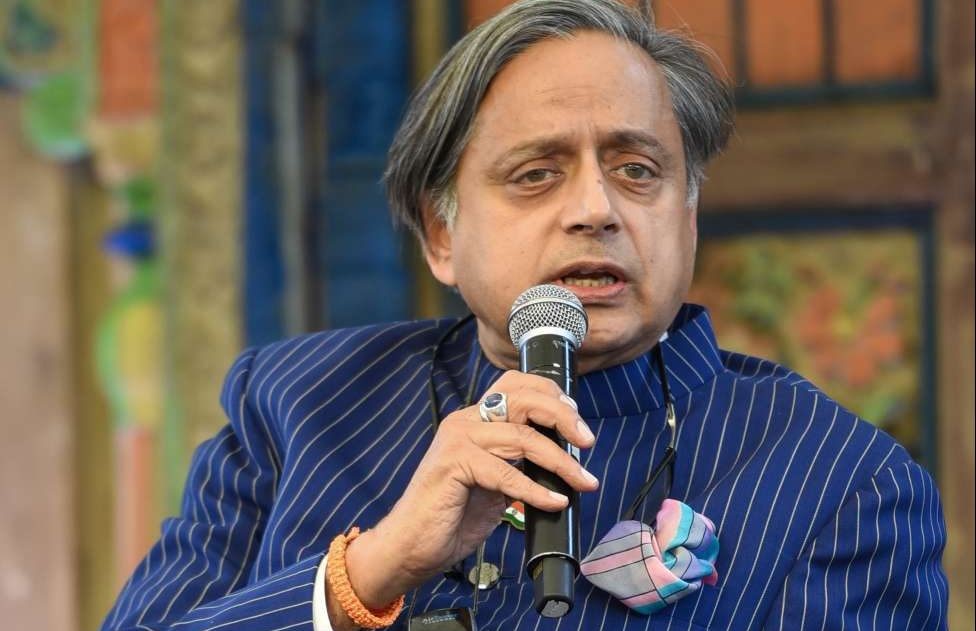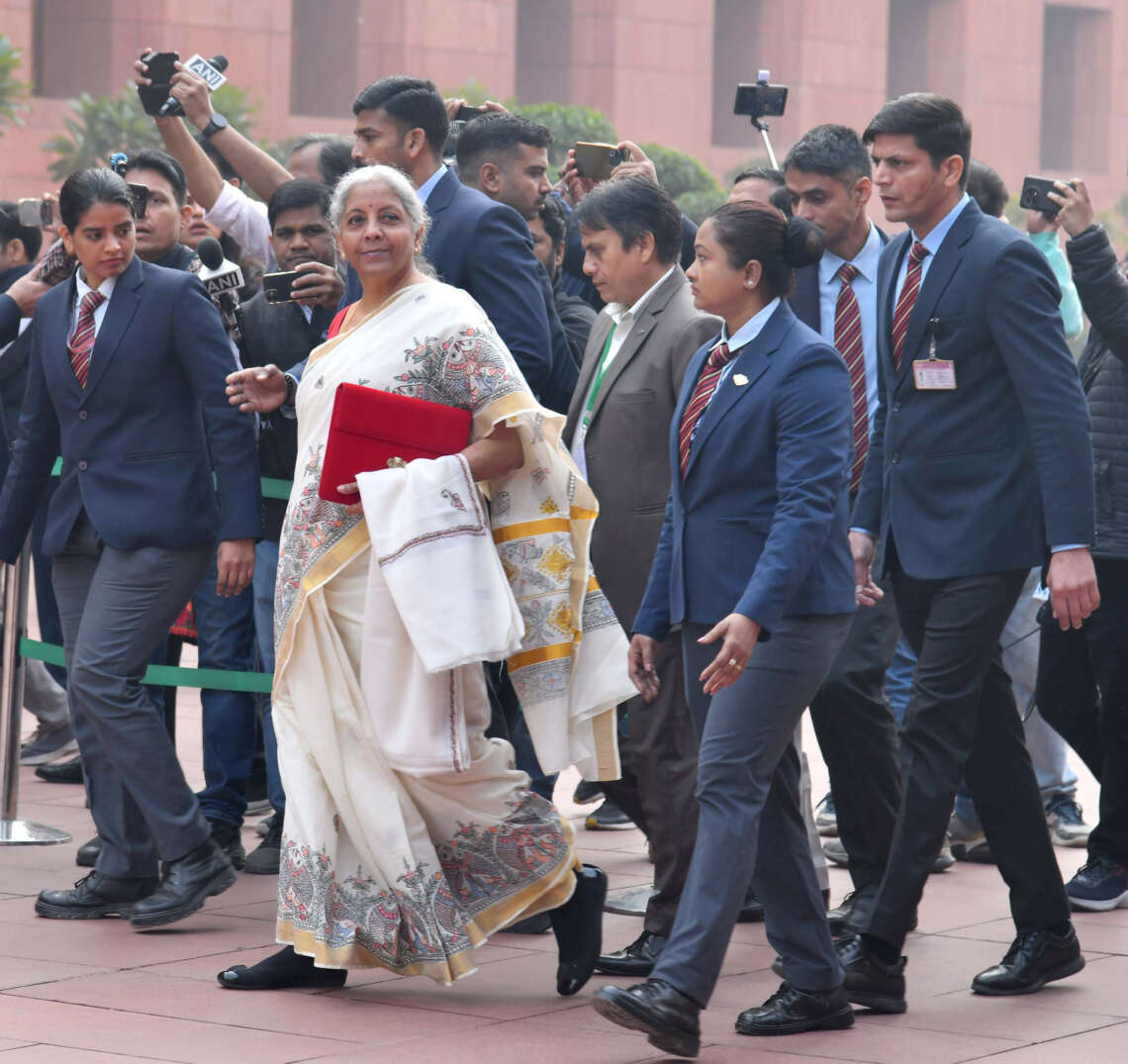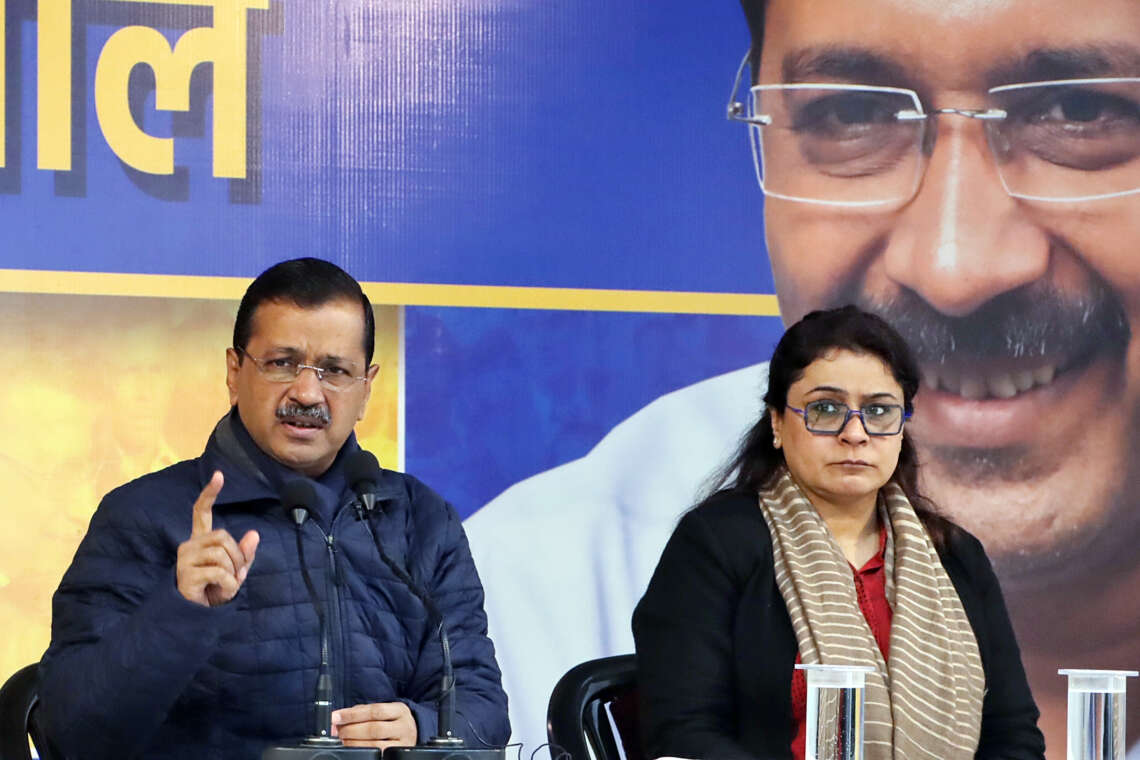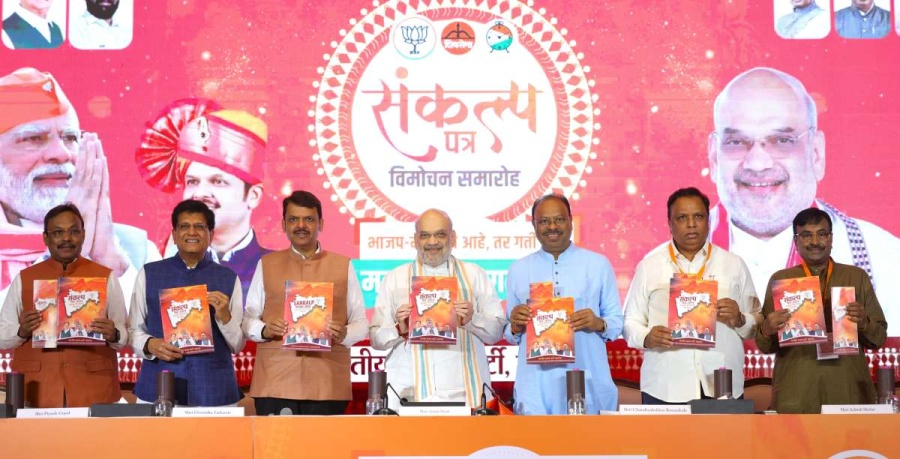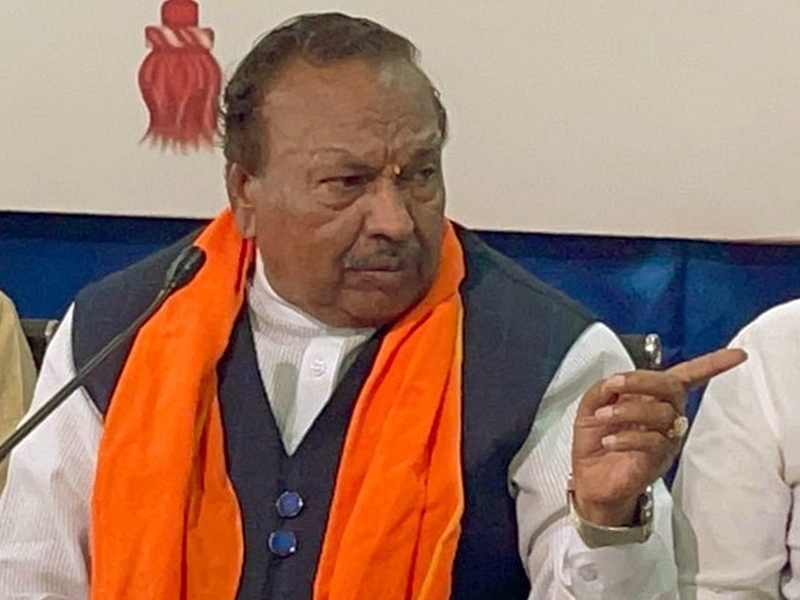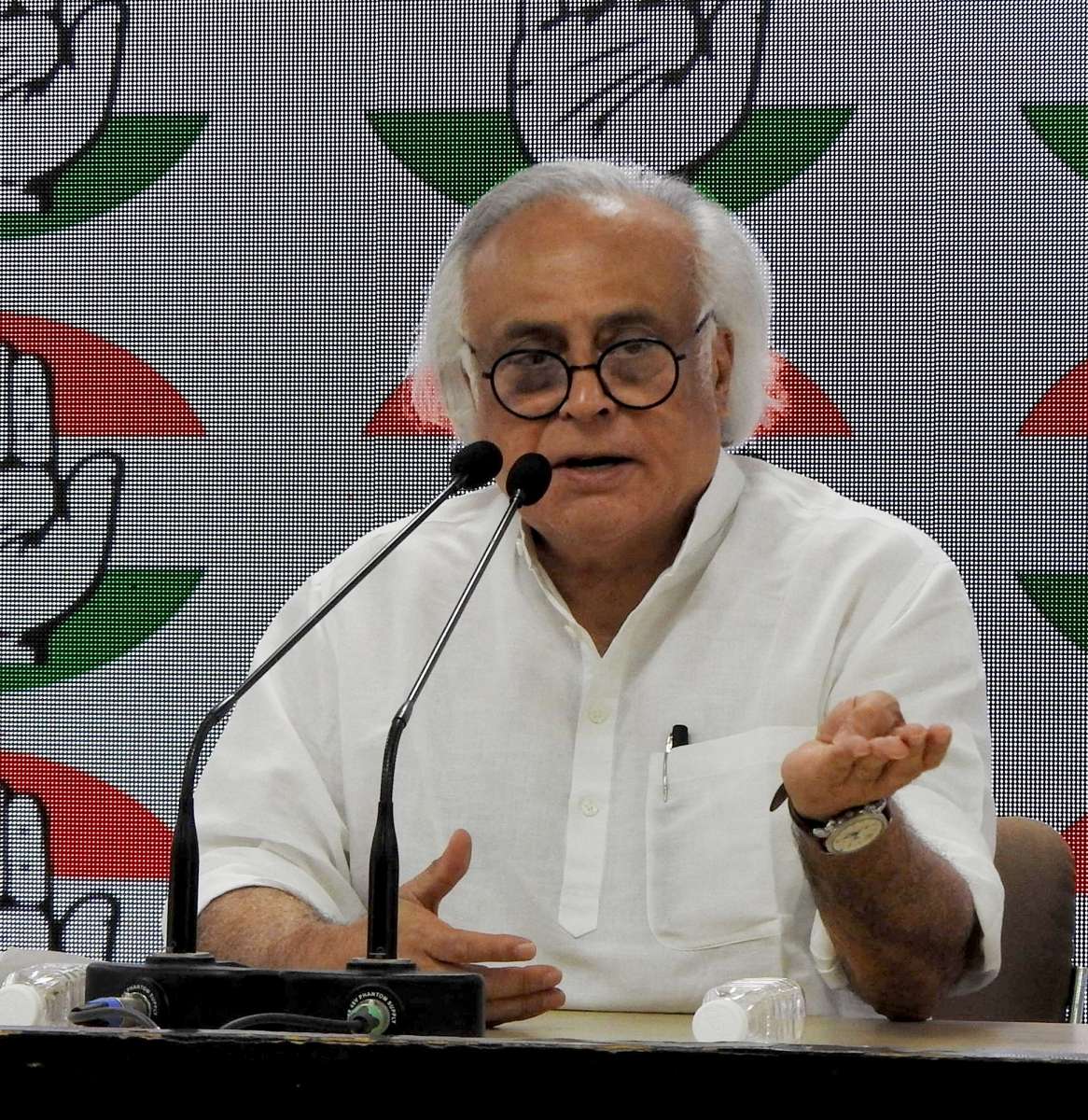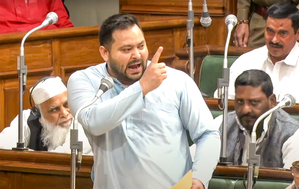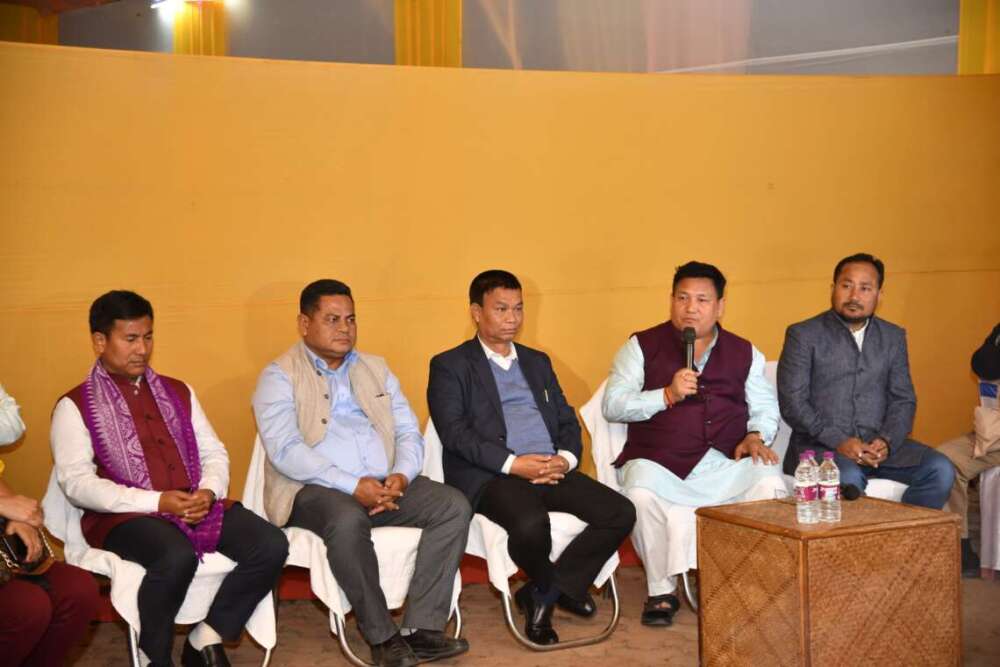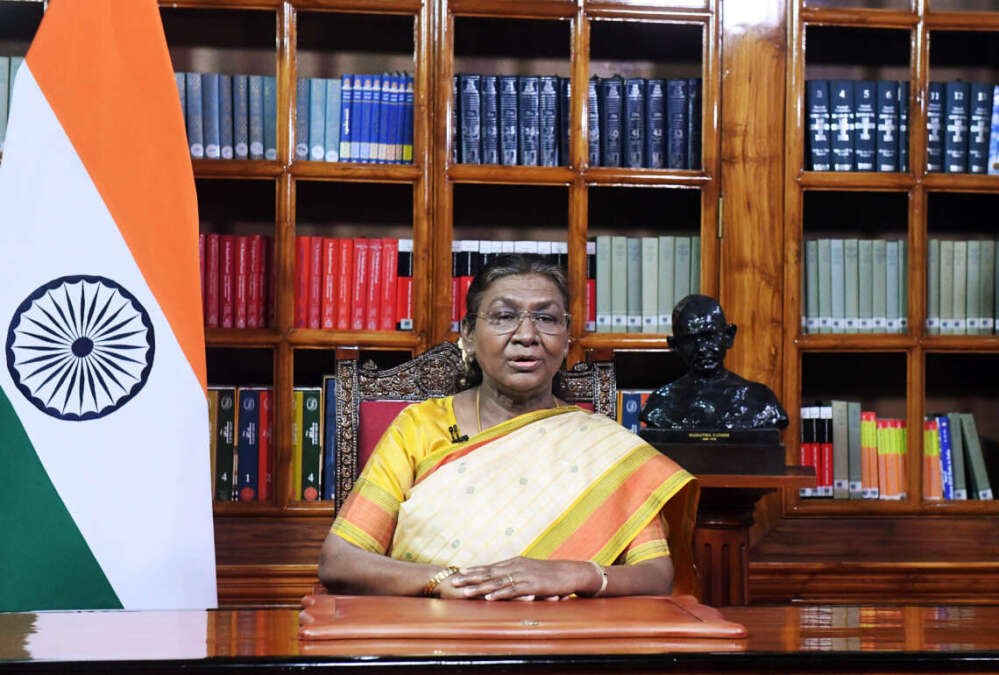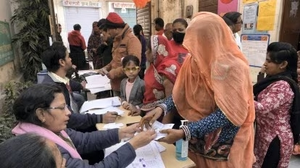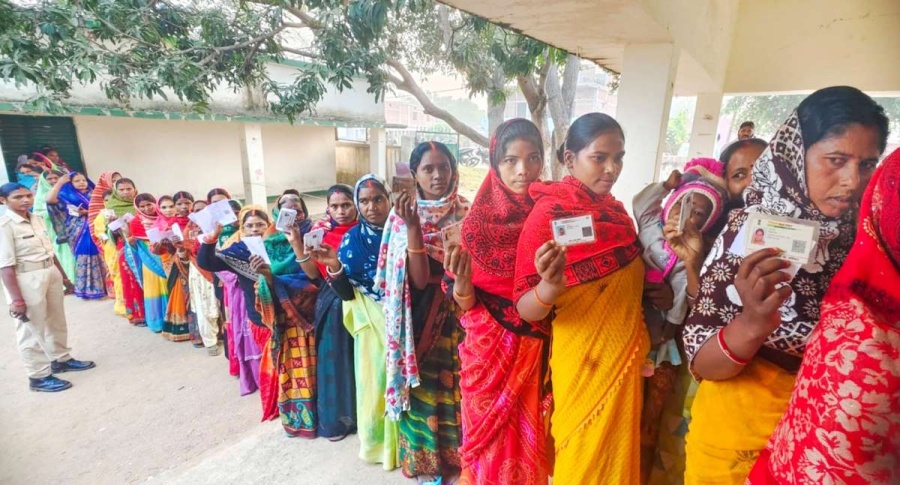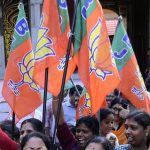Tharoor emphasized that despite the BJP’s aggressive campaigns focusing on ‘vikas’ (development)…reports Asian Lite News
Senior Congress leader Shashi Tharoor recently offered a comprehensive critique of the BJP’s claims regarding its performance in South India during the Lok Sabha polls. In a detailed analysis, Tharoor dismantled the notion propagated by the BJP’s “propaganda mill” that it has made significant inroads in the southern region. He pointed out that the narratives and agendas pushed by the BJP, such as communalism, religious division, and nativist social cleavages, which resonate in the northern parts of the country, find little traction in the south.
Tharoor emphasized that despite the BJP’s aggressive campaigns focusing on ‘vikas’ (development), the actual region experiencing substantial development remains largely unswayed by the ruling party’s agenda. He highlighted the disconnect between the BJP’s rhetoric and the ground realities in South India, suggesting that the BJP’s claims of exemplary performance in the region are unfounded.
Furthermore, Tharoor cautioned against the BJP’s overarching quest for dominance through the promotion of “Hindi, Hindutva, Hindustan,” identifying it as a grave threat to India’s pluralistic ethos. He stressed the enduring nature of Indian secularism, deeply embedded in the country’s cultural fabric, which he believes will withstand attempts to erode it.
In addressing the BJP’s politicization of religion, particularly concerning the Ram temple issue, Tharoor questioned the party’s appropriation of Lord Ram, a figure deeply revered across India. He criticized the BJP’s exploitation of religious sentiments for political gains and downplayed the notion of a “Ram temple wave,” suggesting that voters prioritize substantive issues such as unemployment, inflation, and communal harmony over religious symbolism.
Tharoor also raised concerns about the BJP’s divisive tactics and its impact on national unity. He warned against the BJP’s attempts to exacerbate regional divides, particularly between the North and the South, accusing the party of exacerbating communal, linguistic, and regional tensions for its political advantage.
Additionally, Tharoor highlighted the BJP’s track record in Kerala, criticizing the party for failing to deliver on its promises to the state. He pointed out instances where the BJP made commitments but failed to follow through, eroding trust among Keralites. Tharoor questioned why any citizen of Kerala would trust the BJP given its history of unfulfilled promises and lackluster performance in the state.
Looking ahead, Tharoor underscored the significance of the ongoing battle for India’s soul, emphasizing the choice between an inclusive vision for the future and one marred by communalism and division. He urged voters to prioritize national unity and reject divisive politics, warning against the potential repercussions of a BJP-led government on the country’s pluralistic ethos.
In conclusion, Tharoor’s analysis provides a comprehensive rebuttal to the BJP’s claims of success in South India, highlighting the party’s divisive tactics and failure to address substantive issues. His insights underscore the importance of safeguarding India’s secular and pluralistic values against threats posed by communalism and political polarization.
ALSO READ: Eshwarappa: The firebrand BJP face to a rebel leader


